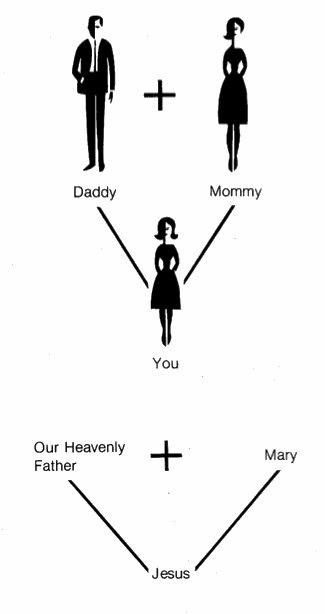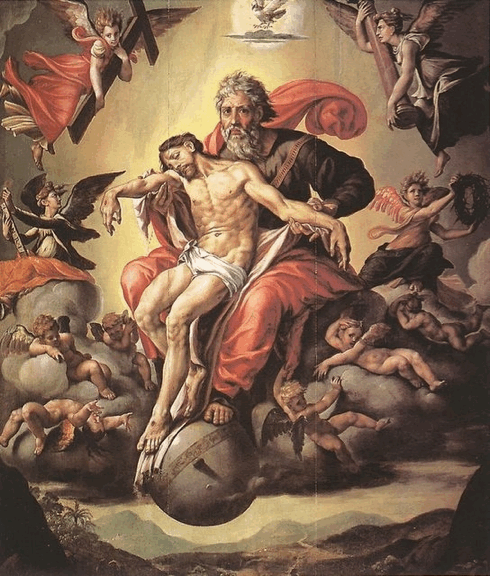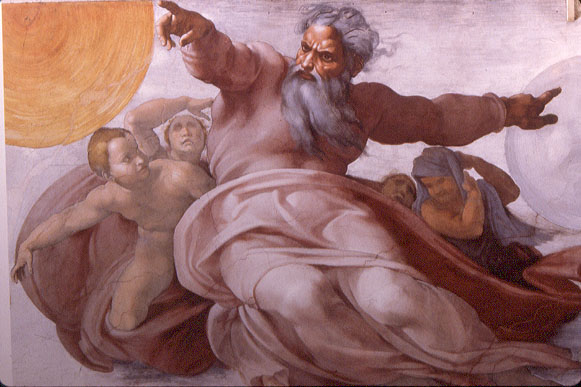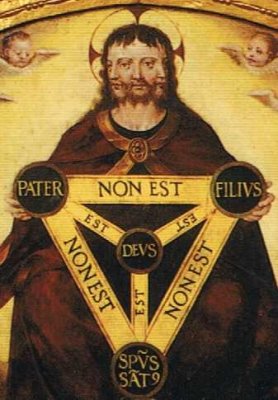Richard of St. Victor 2 – God’s goodness requires charity (JT)

STAGE 1. In this stage, Richard wants to show that God’s perfect goodness somehow requires that God is perfectly charitable. I say ‘somehow requires’ because the logical relation here is not clear. Richard is saying ‘God’s goodness _____ perfect charity’, but what fills in the blank? Is it ‘entails’, ‘presupposes’, or some other logical relation?
Here’s the actual quotation, with the particular claims marked in brackets.
‘[T1] there is [in God] fullness and perfection of all goodness. [T2] However, where there is fullness of all goodness, true and supreme charity cannot be lacking. [T3] For nothing is better than charity; nothing is more perfect than charity’.
Let’s look at T1, T2, and T3 in turn.
Read More »Richard of St. Victor 2 – God’s goodness requires charity (JT)



















